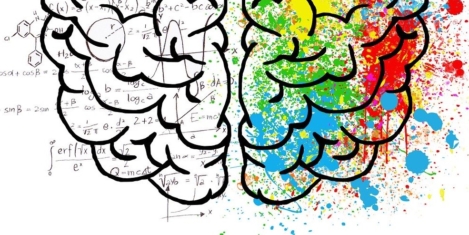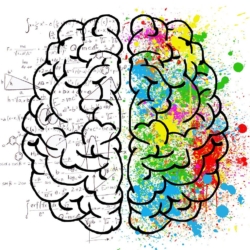January 6, 2026
Embedding AI into daily tasks can heighten stress and confuse people about their role
 While artificial intelligence is taking on work across the economy, it may also create new demands on the human workforce that employers must stay ahead of and respond to. Researchers from Microsoft and Imperial College London highlight in the Society of Occupational Medicine’s (SOM) journal Occupational Medicine that AI tools will bring a multitude of benefits to the workplace. The technology is likely to make accessing workplace health support much easier for employees and managers, for example by automating and simplifying booking processes and appointments. (more…)
While artificial intelligence is taking on work across the economy, it may also create new demands on the human workforce that employers must stay ahead of and respond to. Researchers from Microsoft and Imperial College London highlight in the Society of Occupational Medicine’s (SOM) journal Occupational Medicine that AI tools will bring a multitude of benefits to the workplace. The technology is likely to make accessing workplace health support much easier for employees and managers, for example by automating and simplifying booking processes and appointments. (more…)



































December 11, 2025
Neuroinclusive workspace design – addressing the current industry shortfalls
by Guzman de Yarza and Ana Gorriti • Comment, Workplace design